Situation Report
Trump’s Ultimatum and Iran’s Response
President Donald Trump has issued a stark warning to Iran, threatening military bombings and secondary tariffs if Tehran does not agree to a new nuclear deal.
In a recent interview with NBC News, Trump stated, "If they don't make a deal, there will be bombing," while also hinting at the possibility of imposing tariffs similar to those enacted during his first term.
This comes after Iran sent a formal response to Trump’s letter through Oman, rejecting direct talks under the current "maximum pressure" campaign but leaving the door open for indirect negotiations.
Background of Escalating Tensions
Trump’s threats are part of a broader strategy that began with his 2018 withdrawal from the 2015 Joint Comprehensive Plan of Action (JCPOA), which imposed strict limits on Iran’s nuclear program in exchange for sanctions relief.
Following the U.S. withdrawal, Iran gradually abandoned its commitments under the deal, escalating uranium enrichment to 60% purity—far beyond the 3.5% limit agreed upon in the JCPOA.
Western nations and Israel accuse Iran of pursuing nuclear weapons, while Tehran maintains its program is solely for civilian energy purposes.
Military Posturing and Regional Implications
The U.S. has reinforced its military presence in the region, deploying B-2 stealth bombers to Diego Garcia, a strategic base in the Indian Ocean.
This move is seen as a signal of readiness for potential military action against Iran’s underground nuclear facilities.
Meanwhile, Iranian officials have warned that any U.S. aggression would be met with retaliatory strikes on American bases in the region, further heightening tensions.
Iran’s Defiant Stance
Iranian Foreign Minister Abbas Araqchi emphasized that Tehran would not engage in direct talks with the U.S. as long as sanctions and military threats persist.
Instead, Iran prefers indirect negotiations through mediators like Oman. Supreme Leader Ayatollah Ali Khamenei has dismissed Trump’s threats as "bullying tactics," reaffirming Iran’s refusal to bow to external pressure.
The Path Forward
The situation remains highly volatile, with both sides seemingly entrenched in their positions.
Trump’s two-month deadline for negotiations adds urgency, while Iran’s refusal to engage directly under current conditions complicates the prospects for a diplomatic resolution.
The coming weeks will be critical in determining whether the U.S. and Iran can de-escalate tensions or if the region is headed toward a new conflict.


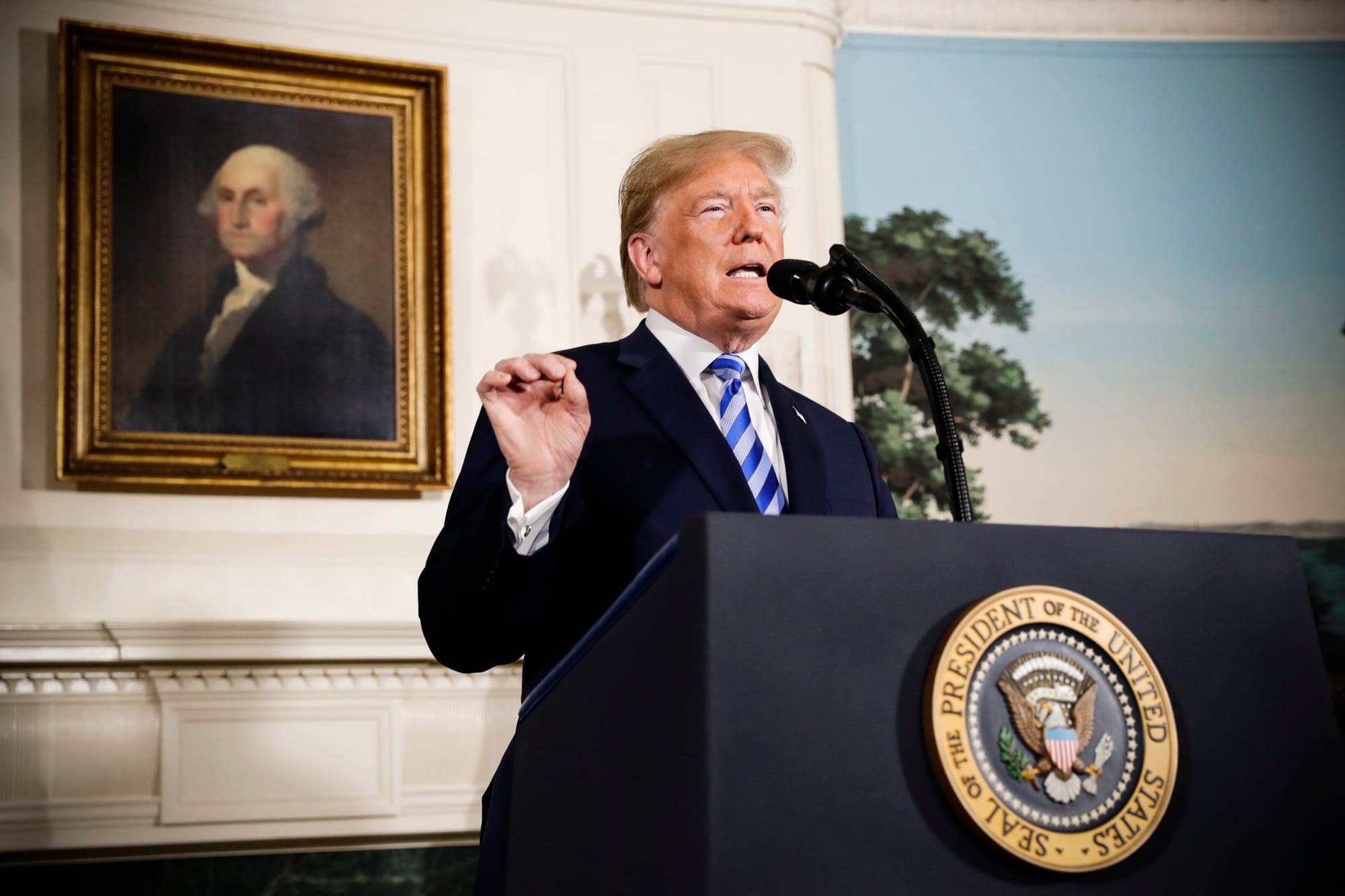

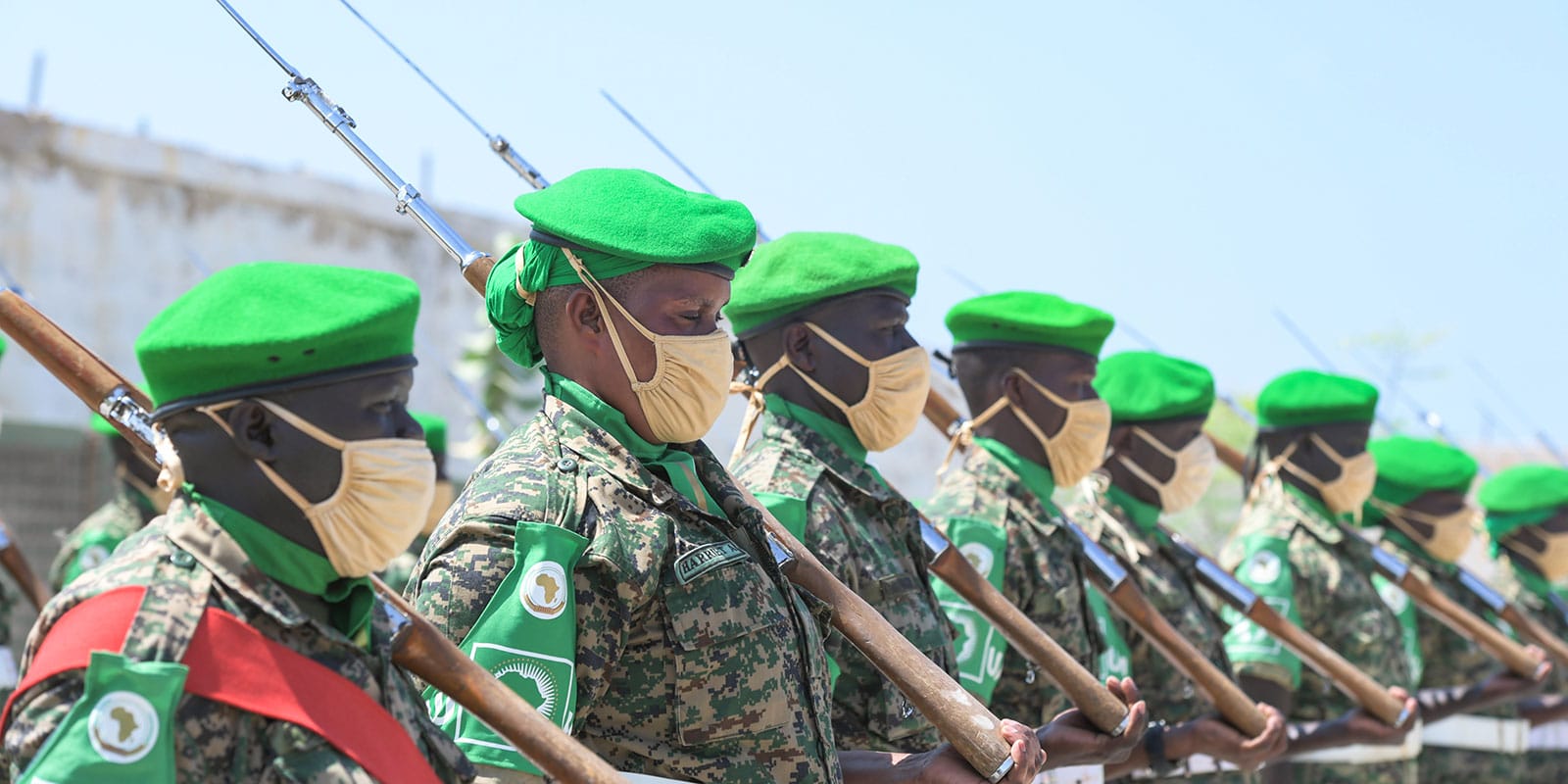
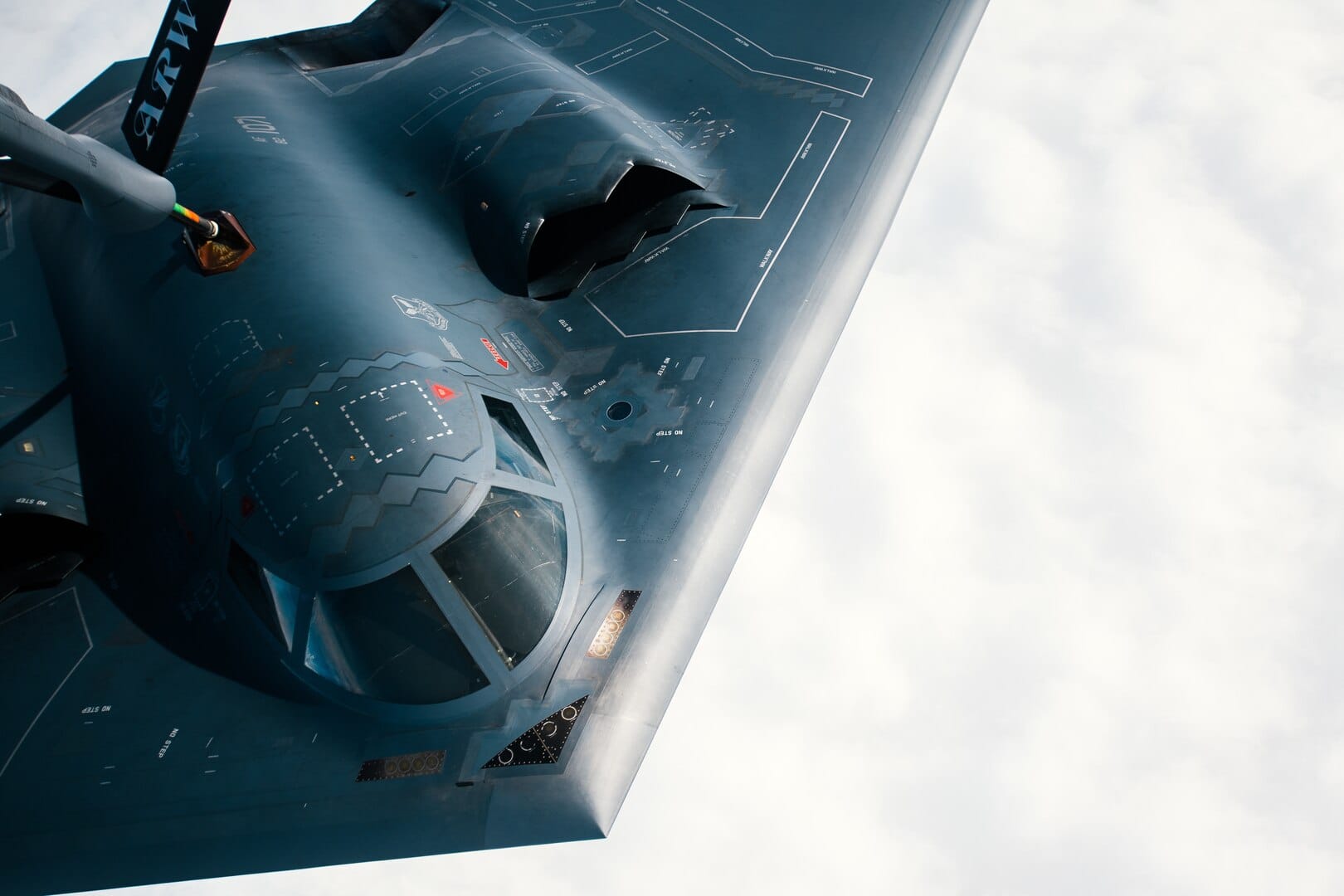



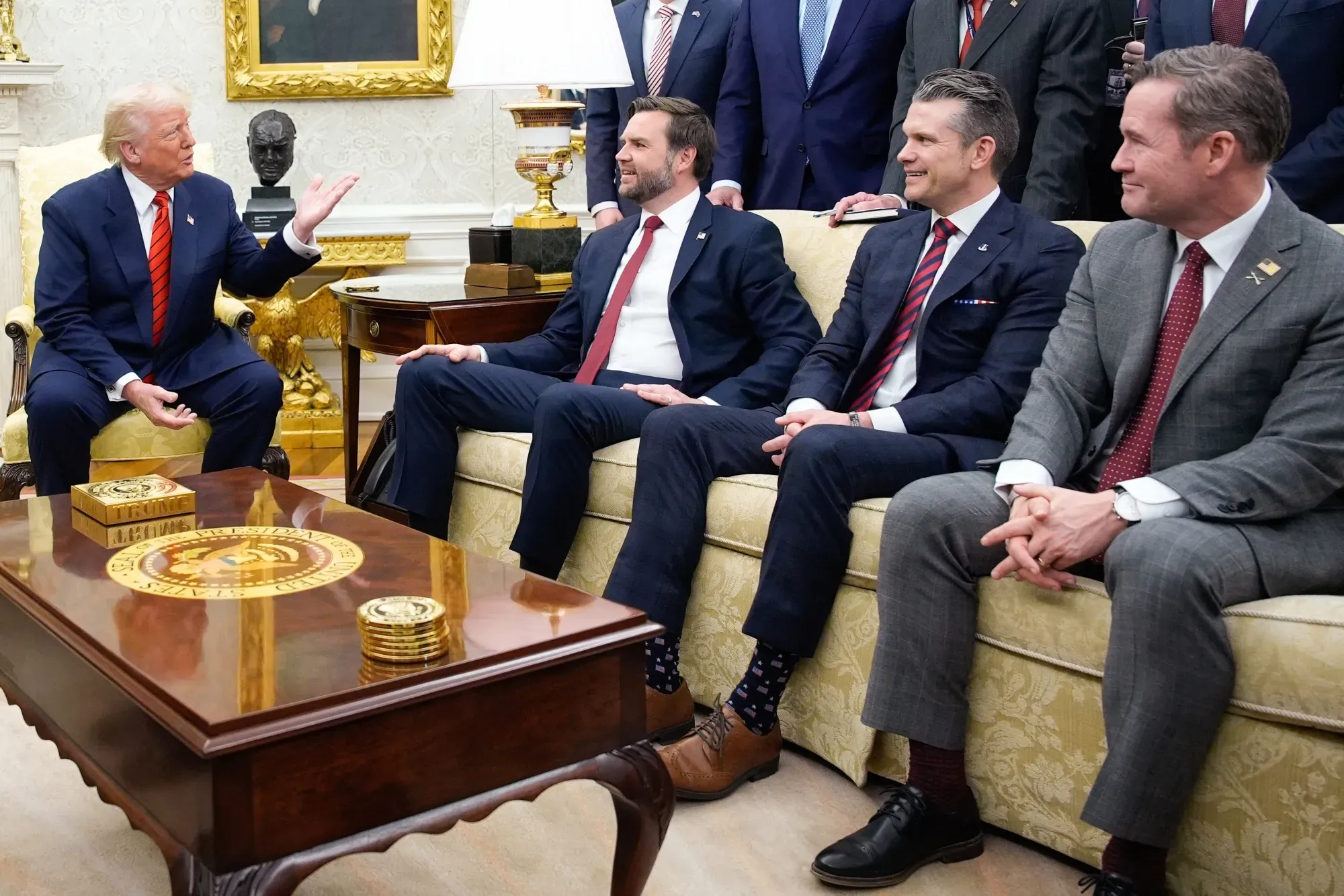
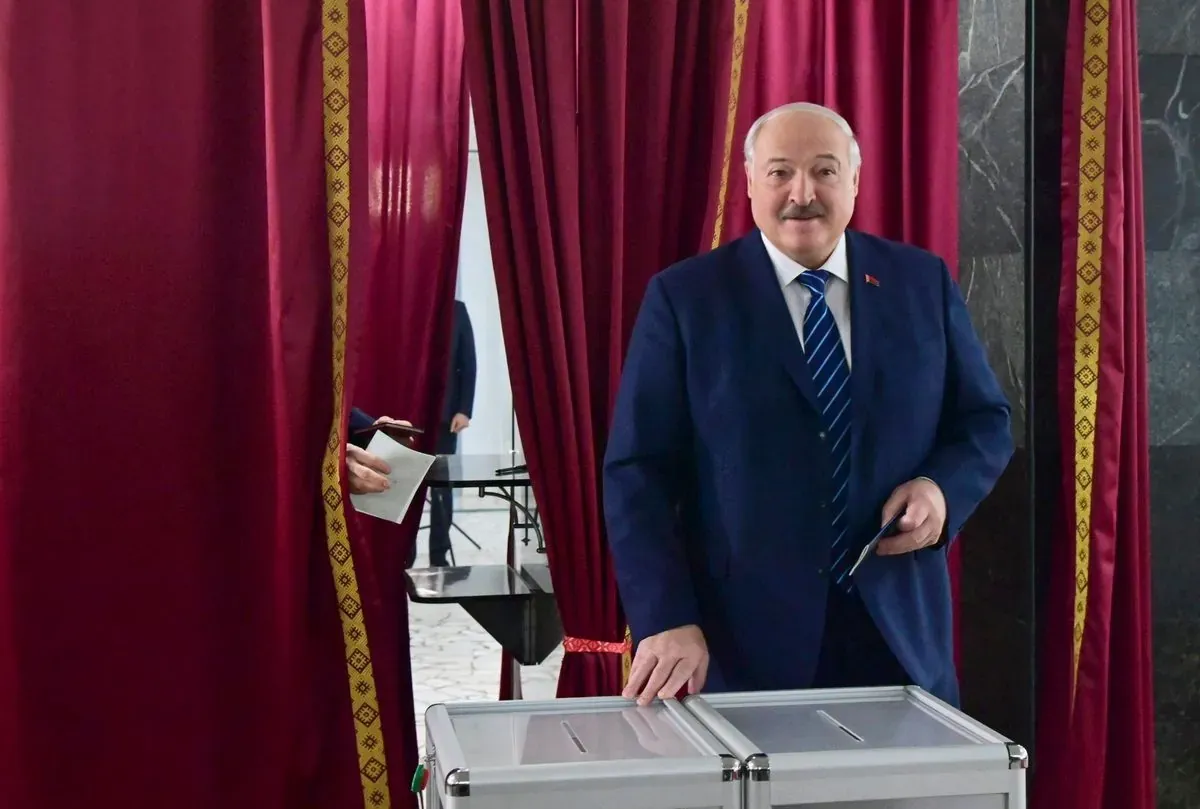
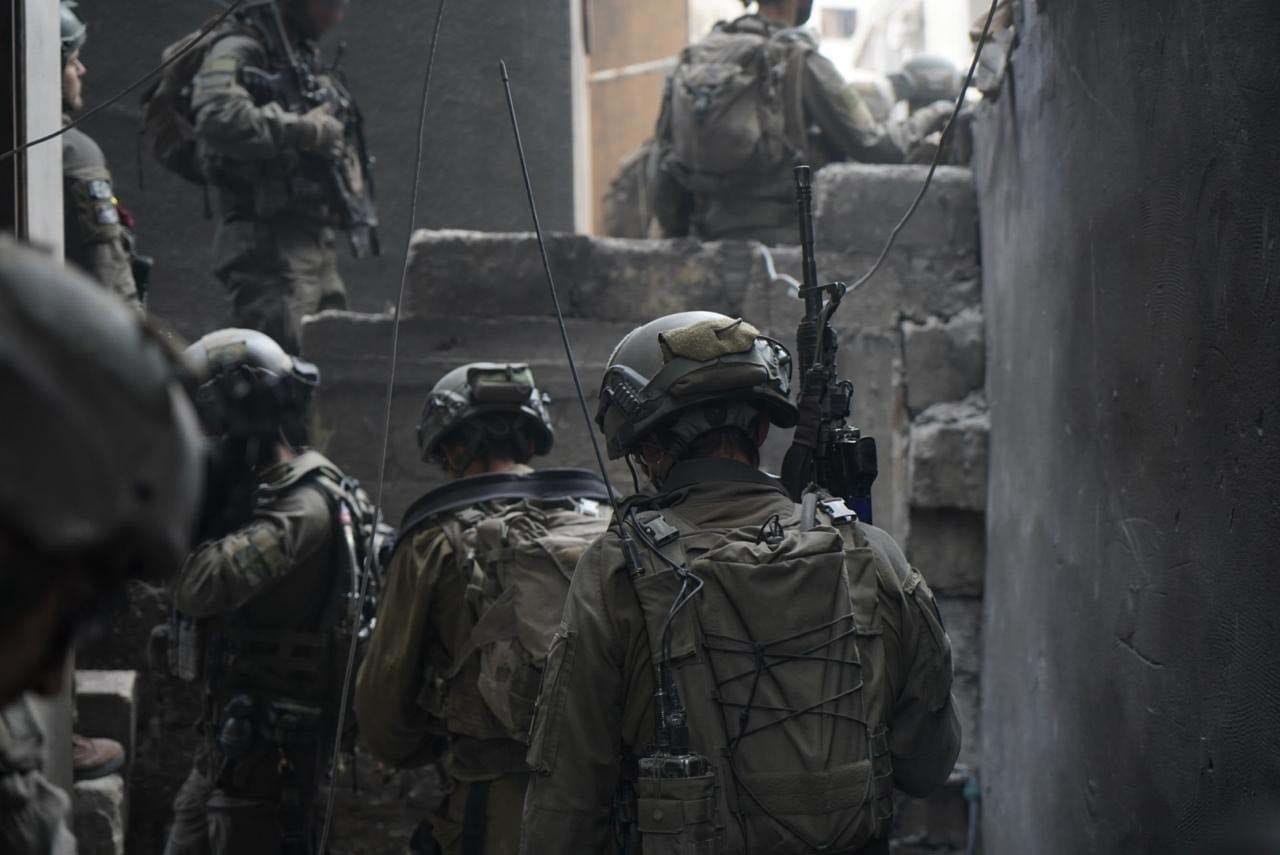
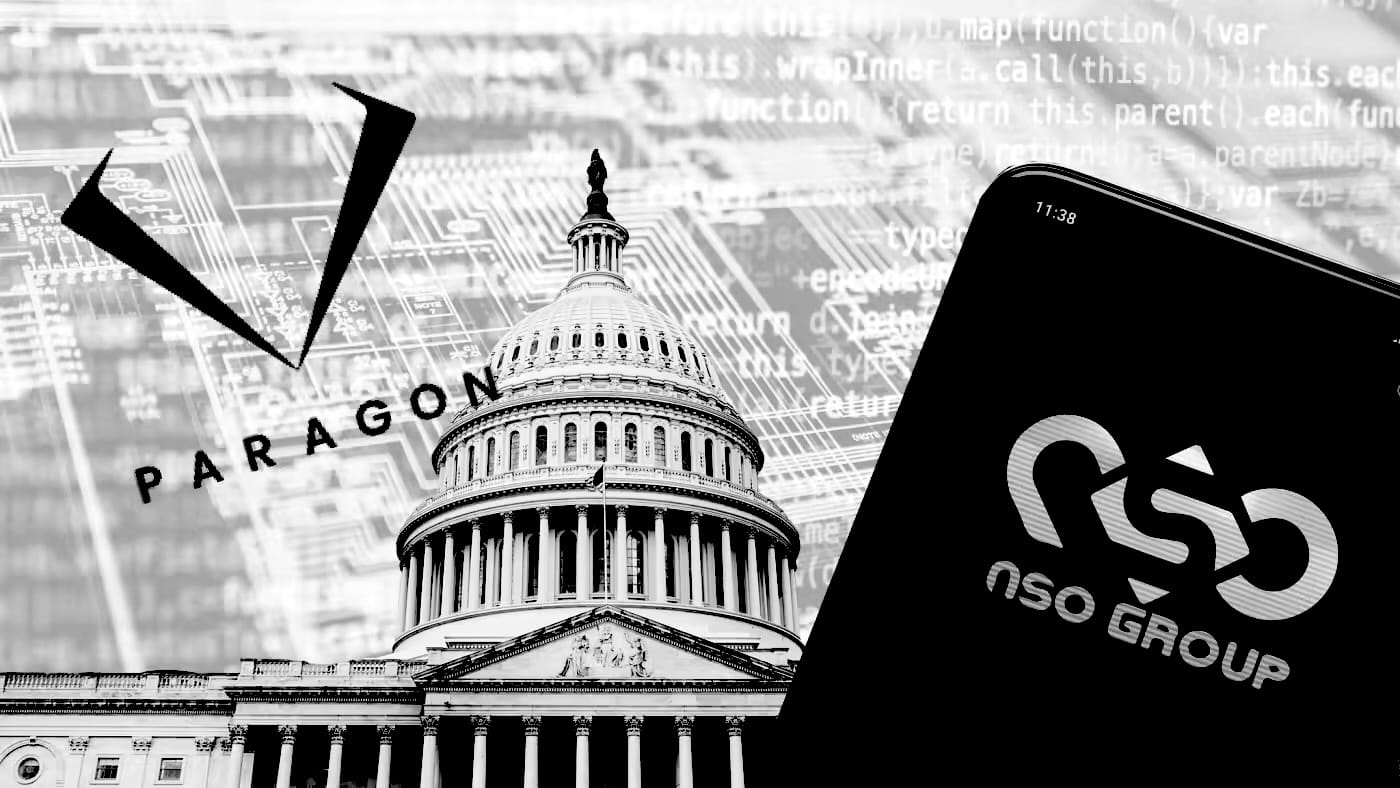
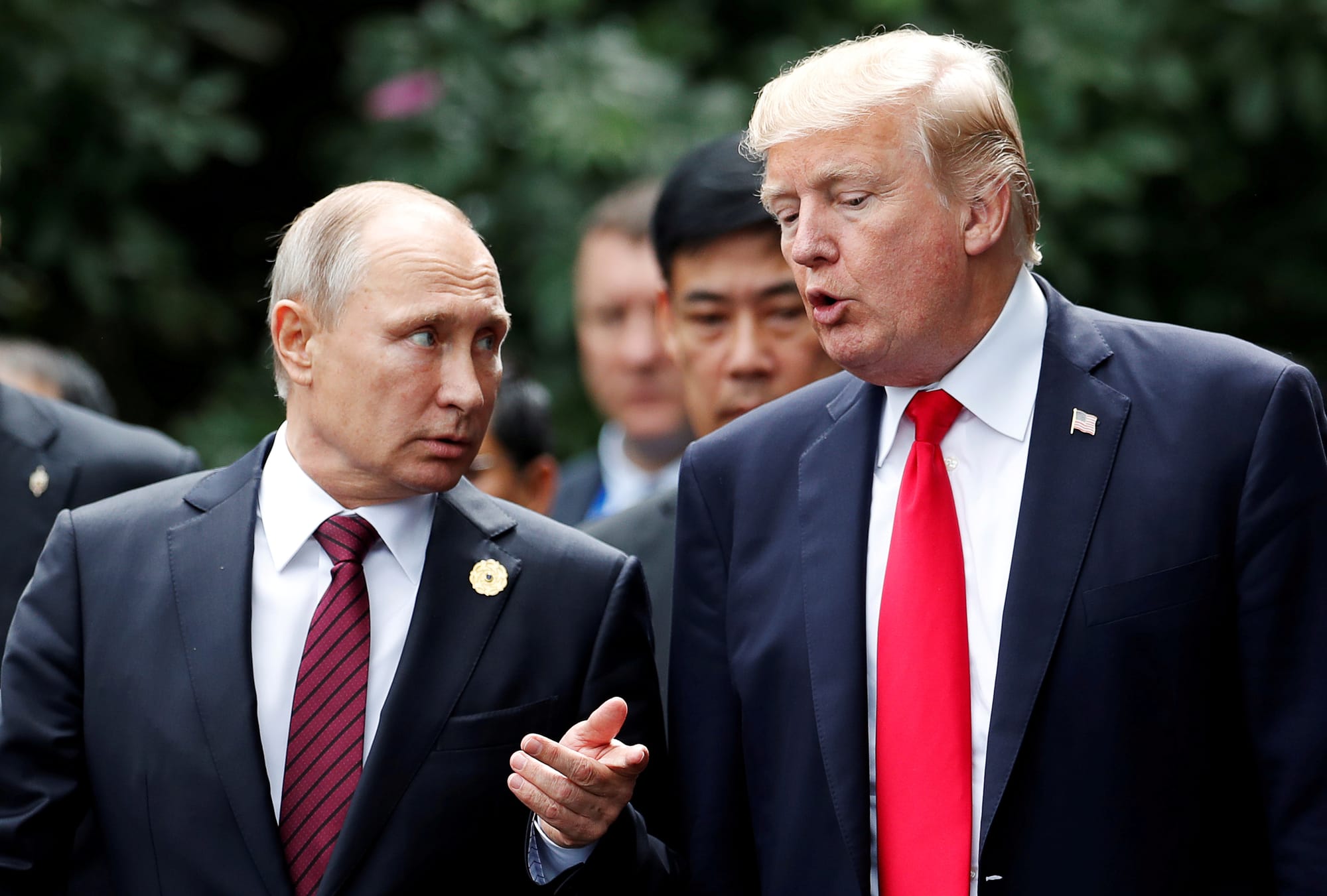
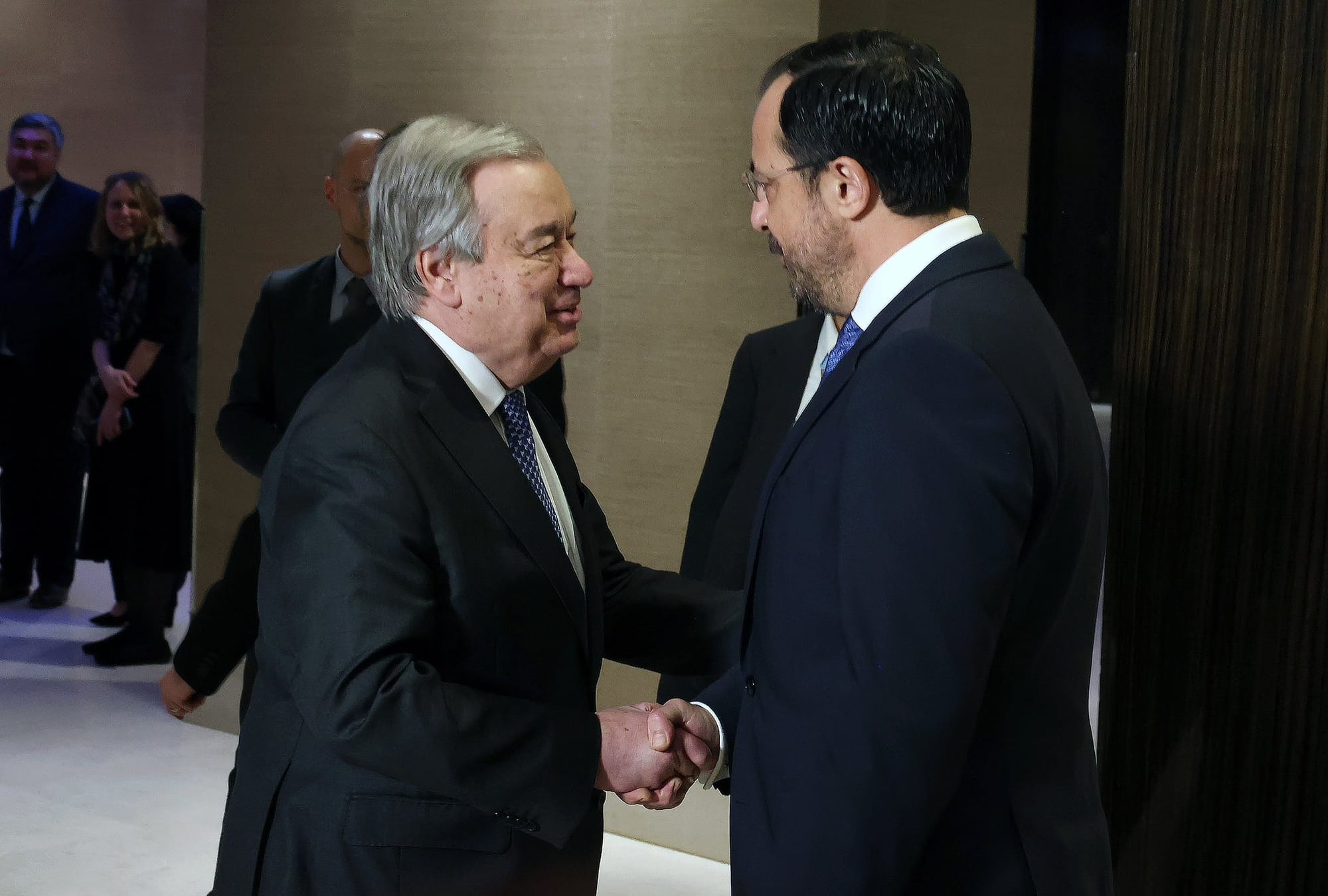
Discussion